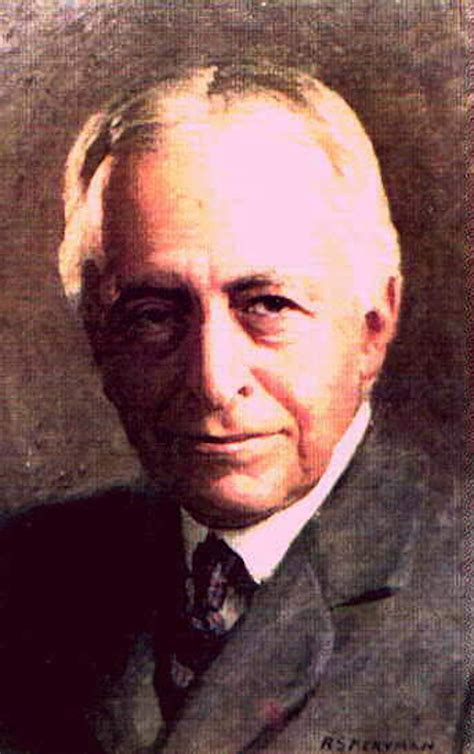A Quote by Ayn Rand
Do not ever say that the desire to 'do good' by force is a good motive. Neither power-lust nor stupidity are good motives.
Related Quotes
Do not consider Collectivists as "sincere but deluded idealists". The proposal to enslave some men for the sake of others is not an ideal; brutality is not "idealistic," no matter what its purpose. Do not ever say that the desire to "do good" by force is a good motive. Neither power-lust nor stupidity are good motives.
Neither fear nor self-interest can convert the soul. They may change the appearance, perhaps even the conduct, but never the object of supreme desire... Fear is the motive which constrains the slave; greed binds the selfish man, by which he is tempted when he is drawn away by his own lust and enticed (James 1:14). But neither fear nor self-interest is undefiled, nor can they convert the soul. Only charity can convert the soul, freeing it from unworthy motives.
Reason, in a strict sense, as meaning the judgment of truth and falsehood, can never, of itself, be any motive to the will, and can have no influence but so far as it touches some passion or affection. Abstract relations of ideas are the object of curiosity, not of volition. And matters of fact, where they are neither good nor evil, where they neither excite desire nor aversion, are totally indifferent, and whether known or unknown, whether mistaken or rightly apprehended, cannot be regarded as any motive to action.
We find the vast majority of people in every country believing that there will be a time when this world will become perfect, when there will be no disease, nor death, nor unhappiness, nor wickedness. That is a very good idea, a very good motive power to inspire and uplift the ignorant. But if we think for a moment, we shall find on the very face of it that it cannot be so. How can it be, seeing that good and evil are the obverse and reverse of the same coin? How can you have good without evil at the same time?
Liberty, according to my metaphysics, is an intellectual quality, an attribute that belongs not to fate nor chance. Neither possesses it, neither is capable of it. There is nothing moral or immoral in the idea of it. The definition of it is a self-determining power in an intellectual agent. It implies thought and choice and power; it can elect between objects, indifferent in point of morality, neither morally good nor morally evil.
I have long been settled in my own opinion that neither Philosophy, nor Religion, nor Morality, nor Wisdom, nor Interest, will ever govern nations or Parties, against their vanity, their Pride, their Resentment, or Revenge, or their Avarice, or Ambition. Nothing but Force and Power and Strength can restrain them.




































